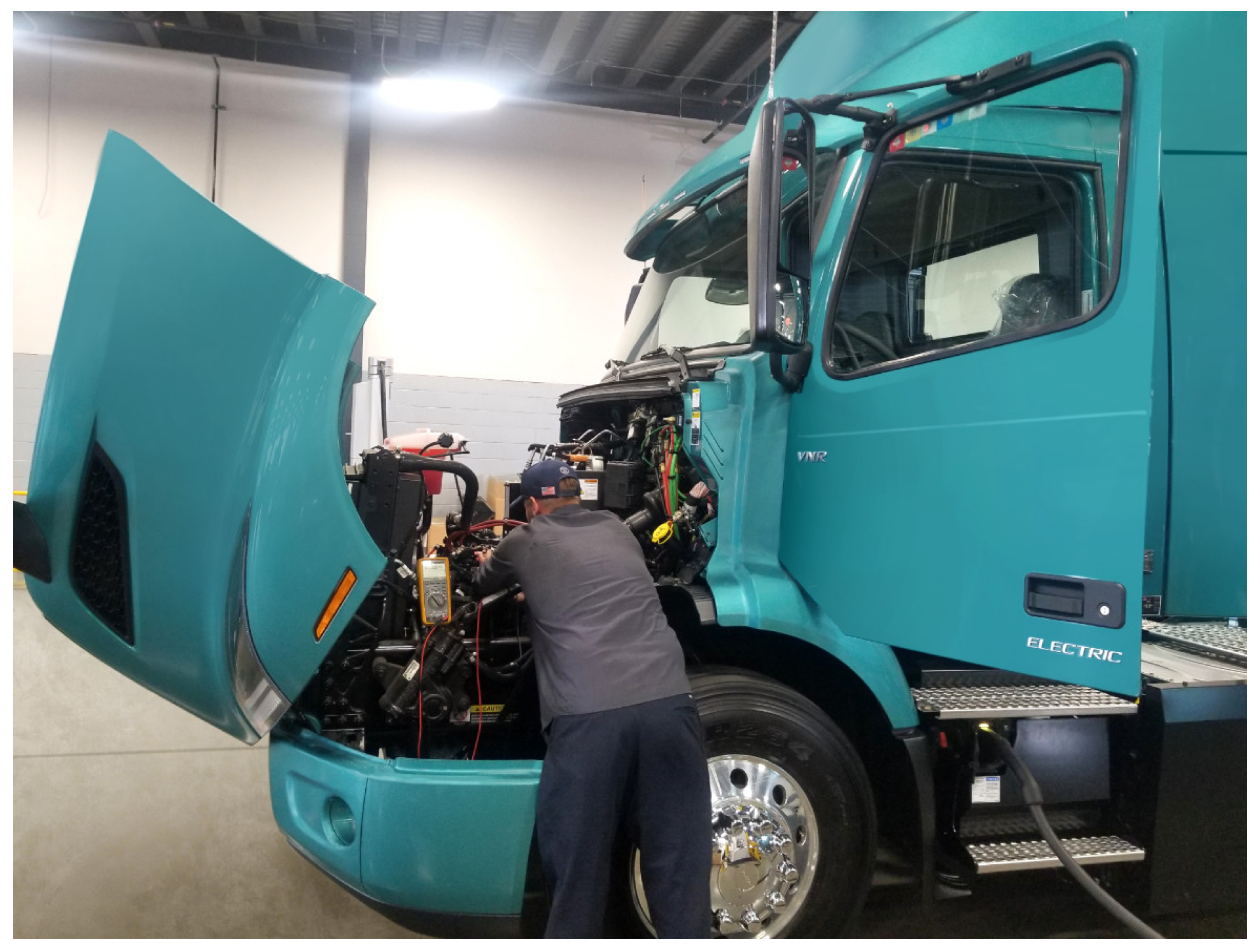
Fleet managers must be able to identify the correct battery for their vehicles and maintain it over its lifecycle. Getting that done correctly will save them money and downtime.
Fleets should look for batteries that can handle extreme weather conditions, electronic demand, and parasitic loads. Also, work truck batteries should be secure, as jolts and vibrations can reduce charge acceptance.
Cost-Effective Maintenance
The key to any work truck is a dependable battery. It provides the power to crank the starter and run a variety of accessories and liftgates that allow truckers to perform their jobs safely. When a truck battery fails, the vehicle is stuck at a job site, costing fleets money in lost uptime.
When it comes to ensuring the continuous operation of commercial vehicles, sourcing reliable components like commercial truck batteries Amherst NY becomes crucial, guaranteeing the power and reliability required for uninterrupted operations in the transportation industry.
Many truckers depend on conventional flooded batteries to start their engines and operate accessories in day cabs, dump trucks, line haul, mixers, loggers, and earthmovers. However, a flooded battery can only reach its entire lifespan when properly maintained with regular electrolyte level checks and refilling of distilled water.
Sleeper cabs, on the other hand, may have to recharge their batteries multiple times throughout a night of driving and parking time in between. A sleeper battery monitoring system can help avoid deep discharges by shutting down the engine and recharging the batteries overnight before they lose their charge during the drive in the morning.
Cost-Effective Replacement
For truckers to do their jobs, they need a power source that can crank the starter and provide energy for the various accessories and liftgates they use on the job. A fleet may experience lost time and expensive downtime if the battery fails.
Fleet managers can avoid costly breakdowns by familiarizing themselves with available battery options, selecting the right one for their application, and correctly maintaining the battery over its lifecycle. Several factors can impact battery health and the need for replacement, including parasitic loads (when devices like radios draw on the battery’s charge without replenishing it), incorrect alternator voltage, and improperly secured cables.
Experts say that considering how often the truck is driven, it is essential that a battery offers the best mix of cost, size, and performance. For example, a car that hauls heavy loads or spends long periods in extreme weather requires a high CCA battery with a high reserve capacity.
Cost-Effective Warranty
Often overlooked, the battery is one of the most expensive components in a commercial truck. It is also a critical component of the vehicle’s electrical system. Proper battery care and maintenance can help prevent costly downtime and lost revenue for your business.
TPPL batteries in Amherst, NY offer a longer life than conventional lead-acid batteries, which helps reduce battery replacement costs. The battery can also be recycled, saving on disposal costs. Additionally, the TPPL technology prevents plate corrosion on the terminals, so there is no need for regular battery maintenance.
If your battery fails within the express warranty period, you can return it to the place of purchase for a free replacement. You must present the original sales receipt/invoice for the battery purchased. Battery prices vary by region and may change over time. Residents: Batteries, battery posts, and terminals contain lead and lead compounds and other chemicals that cause cancer, congenital disabilities, or reproductive harm. Wash hands after handling.
Cost-Effective Service
The commercial truck battery is a vital component that powers the vehicle’s electrical systems, allowing the truck to start and operate. Developing an effective preventive maintenance program will allow fleets to identify issues with the battery early and reduce costly no-start or battery-related breakdowns.
The average semi truck battery lasts three to five years, depending on weather conditions, use, and maintenance. Battery maintenance must become a routine part of a vehicle’s operation, including checking for erosion and running a voltage test.
In addition, remote battery monitoring will enable fleets to keep tabs on battery charge levels, module balancing, and other vital issues. When it’s time for a replacement, finding the right battery type will ensure that an insufficient or unreliable power source won’t compromise a vehicle’s payload capacity. Fleets should also find a recycler that offers a core return program, enabling them to minimize landfill waste and maximize their investment in new batteries.